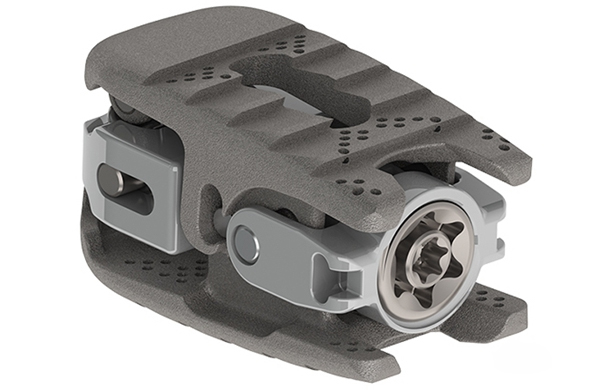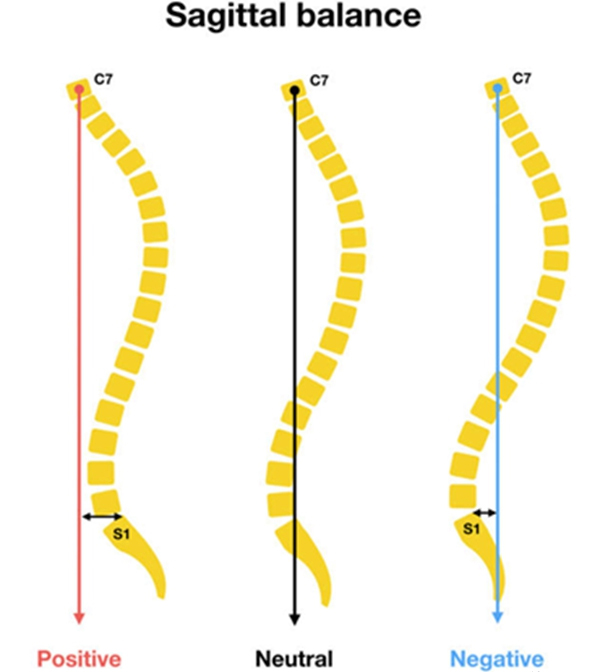Recently, US medical device company K2M announced that its 3D printed MOJAVE spinal support implant has been approved by the US Food and Drug Administration (FDA). With this certification, the company's 3D printed implants can now be used in the human body to help correct spinal deformities.
The MOJAVE PL 3D print implant is designed for the posterior lumbar portion of the spine. If necessary, the components of the implant can be expanded or retracted to achieve independent adjustment of the height of the front and rear, making it a versatile tool for adjusting the sagittal balance of the person. This independent adjustment capability is not available in existing devices.

It is understood that the implant is made with K2M's Lamella 3D Titanium technology, which is essentially a powder-based laser melting method that can print metals in 3D. Using this technique, K2M can introduce material characteristics that contribute to bone growth, including a surface roughness of 3-5 μm and an internal porosity of about 70%.

The production and quality of enzyme preparations produced by plants are unstable due to the influence of growth area, season, climate, etc. The enzymes produced by animals are mainly extracted from the glands of slaughtered livestock, and the source is limited; only enzymes produced by microorganisms can meet the needs of any scale, with high yield and stable quality. Microbial enzyme preparations can not only replace the main types of animal and plant enzyme preparations with the same performance, but also produce high-temperature-amylases that act as catalysts at 100°C and detergent proteases that act at pH 10-12. In the 1940s, the microbial enzyme preparation industry developed rapidly. At present, the production of enzyme preparations is mainly based on deep fermentation, supplemented by semi-solid fermentation, and the ability of the strains to produce enzymes has also been greatly improved. The immobilized enzyme and immobilized cell technology developed in the 1960s and 1970s enabled the enzyme to be used repeatedly and continuously reacted, and its scope of application was also expanded. At present, in addition to the food and textile industries, microbial enzyme preparations are also used in daily chemistry, chemicals, pharmaceuticals, feed, papermaking, building materials, biochemistry, clinical analysis and other aspects, becoming an important sector of the fermentation industry.
enzyme preparation,food additives,Papain,lactase,lipase,lysozyme,bromelain,protease,laccase
PYSON Co. ,Ltd. , https://www.pysonbio.com